Chef's Talk
Chef Banky Jazz
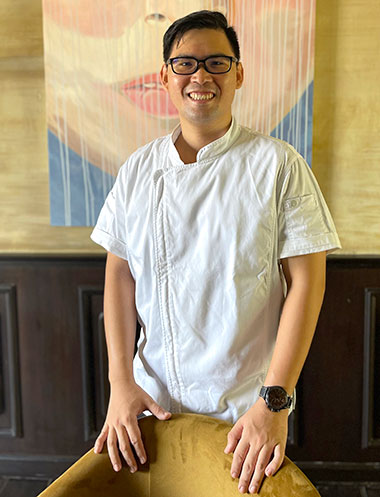 After graduating from the Faculty of Music at Silpakorn University, aged 26, Chef Banky decided to abandoned music and peruse a career in gastronomy. His first restaurant was Baa Ga Din in Bangkok where he met his mentors Chef Ton and Chef Chandler. He joined the pre-opening team at SaaWaan, a one-star Michelin restaurant in Bangkok, where he worked closely Chef Aom. Finally he decided to move to Phuket, joining the pre-opening team as Chef de Cuisine at Jaras restaurant at InterContinental Hotel. While in Phuket he decided to launch his own restaurant, Samut Phuket, in partnership with Chef Ton of acclaimed restaurant Le Du. At Samut he uses exclusively local seafood, from Phuket and Thailand, caught by small sustainable fishermen who fish and work in total harmony with the sea. No meat is served at Samut Phuket.
After graduating from the Faculty of Music at Silpakorn University, aged 26, Chef Banky decided to abandoned music and peruse a career in gastronomy. His first restaurant was Baa Ga Din in Bangkok where he met his mentors Chef Ton and Chef Chandler. He joined the pre-opening team at SaaWaan, a one-star Michelin restaurant in Bangkok, where he worked closely Chef Aom. Finally he decided to move to Phuket, joining the pre-opening team as Chef de Cuisine at Jaras restaurant at InterContinental Hotel. While in Phuket he decided to launch his own restaurant, Samut Phuket, in partnership with Chef Ton of acclaimed restaurant Le Du. At Samut he uses exclusively local seafood, from Phuket and Thailand, caught by small sustainable fishermen who fish and work in total harmony with the sea. No meat is served at Samut Phuket.
Was your decision to become a chef conscious or did you fall into it?
I worked as a musician before becoming a Chef. My initial passion was music but I always enjoyed good food and try all kinds of food. One day I decided to take a cooking course at Suan Dusit University where I discovered my love for cooking and gastronomy. It was a turning point in my life and marked my entry into the culinary world and the beginning of my new career as chef. I was 26 years old and up to today, I still have the same passion.
What are some emerging food trends that you’re noticing?
Nowadays, guests pay more attention to the look and beautiful plating of dishes server. The decorative element has become a key element in restaurants, in particular in fine dining restaurants. After the Molecular cuisine trend, many chefs including myself, turned their focus on local and sustainable products and they increased efforts to reduce food waste.
What’s an emerging ingredient that you’re using a lot of these days?
Lemongrass, Thai shallot, Kaffir lime and chili are main ingredient in many my recipes.
What would you cook at home if you were just making a laid-back dinner?
When I am at home, I like to cook “Pad Ka Pao” (Stir fried with holy basil) It is my favorite dish that I could eat everyday.
What’s the difference between running a restaurant in Bangkok and running one in Phuket?
There are not many differences between Bangkok and Phuket. As a chef, I want my patrons to enjoy our food and to come back again and again. A chef has to be innovative by creating his own style and making his dishes unique and recognizable, and this challenge is the same in Bangkok or Phuket, or anywhere else.
Do you source as much local produce as possible for each restaurant and does this have a big impact on the menu?
At Samut Phuket, every product comes from Southern Thailand. We support and use the products from a number of small fishermen and farmers, always trying to find the freshest local products and source some rare ingredients to incorporate them in our dishes.
How is people’s relationship with food different between Asia & Europe?
Thai people enjoy good food and the number, and the success, of Thai, Asian and European restaurants in Phuket, and Thailand in general, reflects the love for good food by Thai people. Having travelled extensively Thais have experienced many different cuisines and the knowledge of “food culture” runs deep.
Is there one dish that sums up your style?
At Samut Phuket, one of my signature dishes, illustrating my style is “Tubo”. Tubo is a local dessert but currently not easy available, even in Phuket. The Tubo dish we serve, demonstrates my style as I deconstruct the food by applying modern techniques, creating new ones but conserving the original taste.
Will any of the dishes you discovered recently be making their way onto your menus?
I like to discover and experiment with new products to create new dishes. I just created a few new recipes which I will incorporate in the next tasting menu.
Do you try out dishes on your family or friends?
Normally, I first test new dishes with my team and after with close, and trusted friends to get unbiased comments and feedback.
What do you think the most important qualities are in a young chef?
Having the passion and being a detail oriented person are the most important qualities for a young chef. Passion for cooking and eager to learn are key qualities in a young chef to be successful.
What do you think about chefs like Gordon Ramsay, who have taken haute cuisine to the masses via reality TV?
When I was a musician, I really liked to watch Chef Ramsay TV shows. He was my first inspiration and opened a door to the culinary world, probably the first step in me becoming a chef. He gave me inspiration and I learned a lot from Gordon Ramsay. To many, young aspiring chefs he is a role model, making a big impact on their life and career choice.
What’s the one cooking tool that a Chef should not be without?
A chef should not be without a good and very sharp knife. The sharp knife, as a cooking tool, tells a lot about the chef. It represents the chef’s personality and how he wants to “express” his creativity.
What’s next for you (plans, dreams, …)?
My dream is to get a Michelin-star for Samut Phuket.
Discover Chef Banky’s Samut Phuket restaurant here…
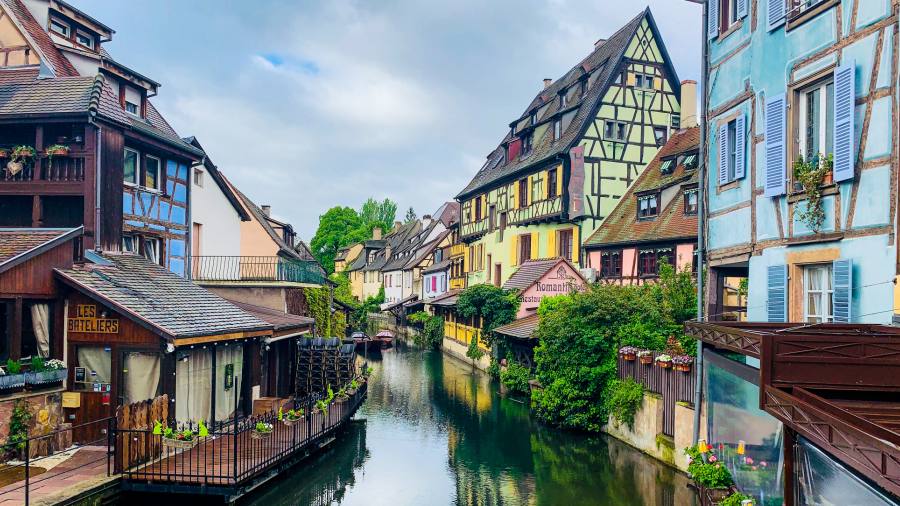
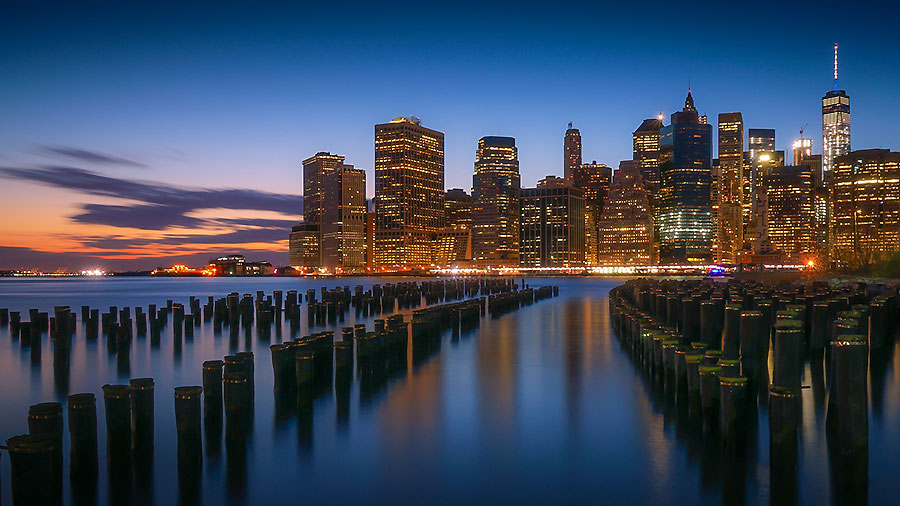

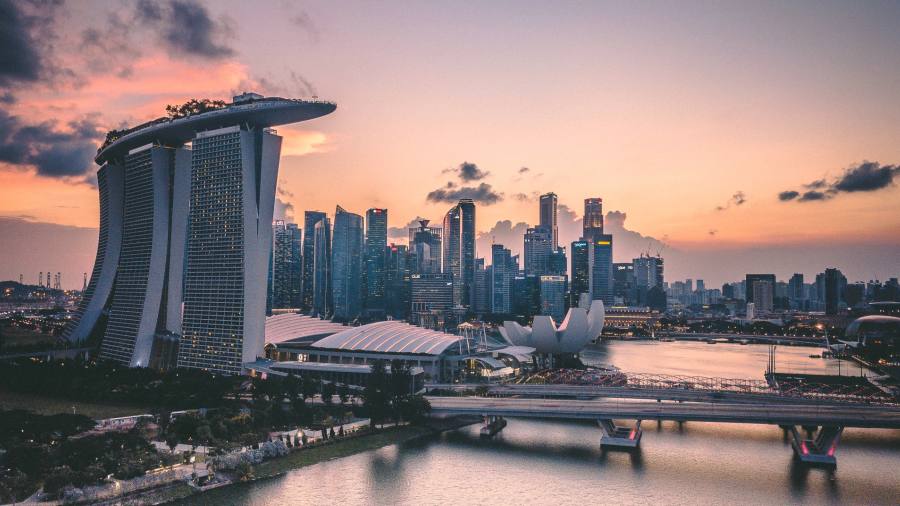
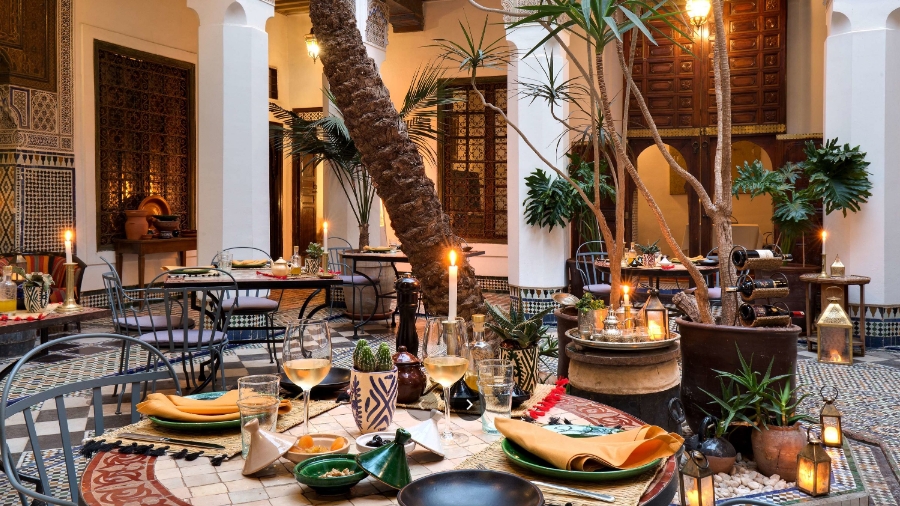

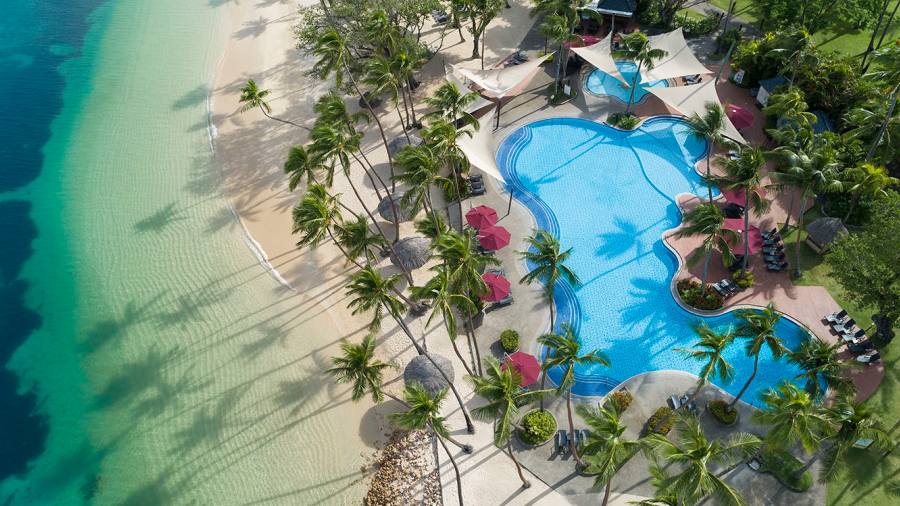

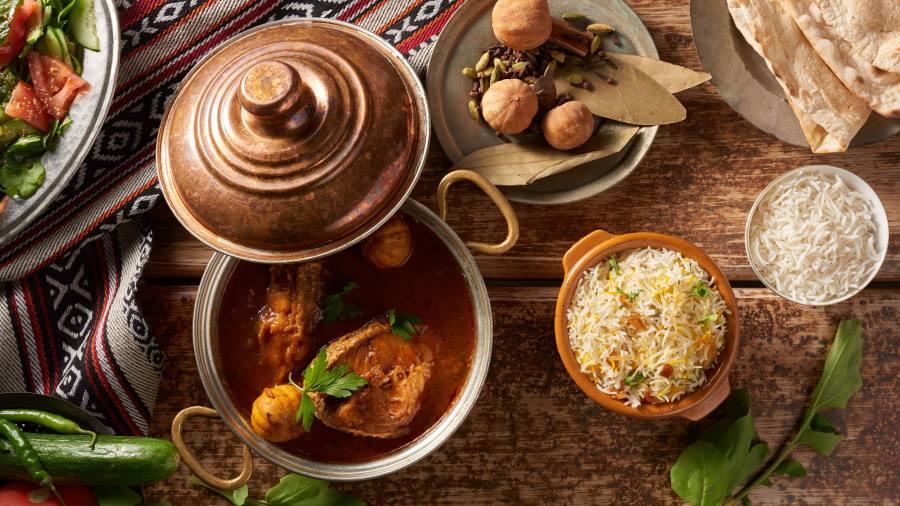

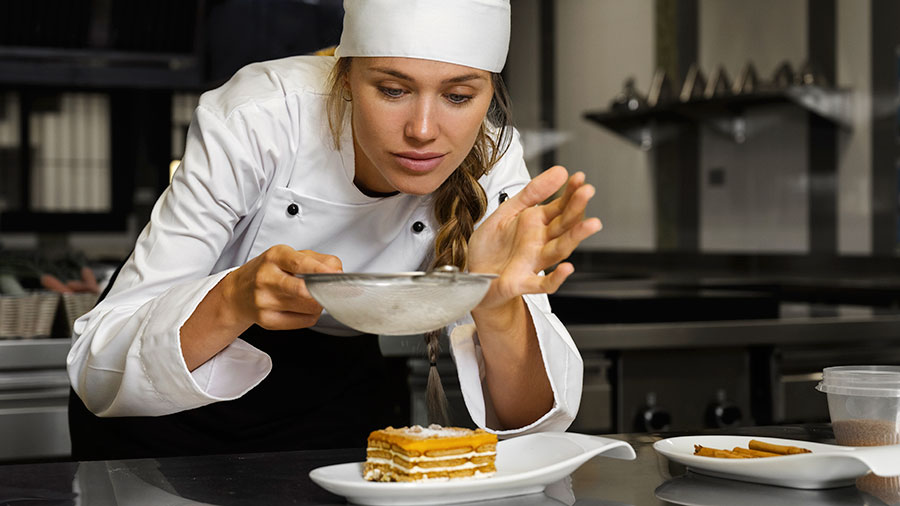
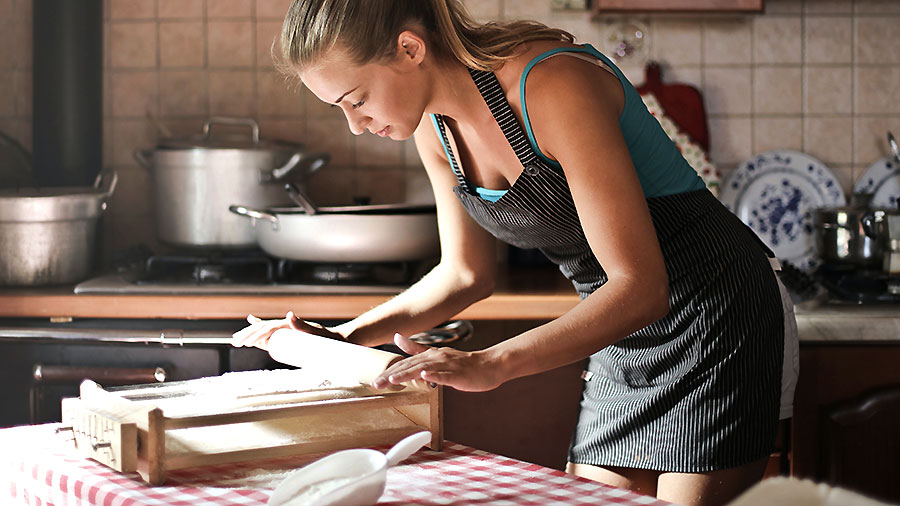
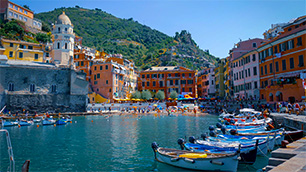 Gastronomy Cities
Gastronomy Cities
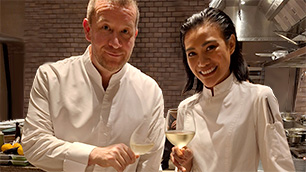 Chef's Talk
Chef's Talk
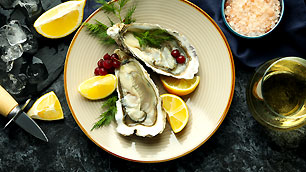 Amazing Food
Amazing Food